What Tenants Should Know About Unlawful Debt Collection in Florida
Understanding your rights can protect you from harassment and illegal collection tactics by landlords and debt collectors.
Know Your Rights as a Tenant
When a lease ends, disagreements about rent, damages, or deposits are common. But if a landlord or property manager starts calling nonstop, making threats, or adding unfair charges, that could cross the line into unlawful debt collection . Florida law protects tenants from harassment and unfair collection tactics, even when money is owed after moving out.
What Counts as Unlawful Collection
In Florida, the Florida Consumer Collection Practices Act (FCCPA) and the federal Fair Debt Collection Practices Act (FDCPA) make it illegal for landlords, property managers, or collection agencies to harass or deceive tenants about a debt. These laws protect you from:
- False threats of legal action or claiming they can have you arrested for not paying immediately
- Repeated or inconvenient phone calls meant to intimidate you (calls before 8 AM or after 9 PM are prohibited)
- Fake or inflated charges that weren't part of your lease agreement
- Sharing your debt information with friends, family, neighbors, or your employer
- Using abusive or insulting language when trying to collect payment
Important: Even if your landlord collects the debt themselves (without using a collection agency), they still have to follow these same laws. If they don't, you have the right to take legal action.
When Rent Becomes a "Debt"
Unpaid rent, repair bills, or money taken from your security deposit can count as a consumer debt. That means landlords must follow debt collection laws when trying to collect. For example:
- If your landlord threatens to send a made-up "cleaning fee" to collections without proper notice, that's likely illegal
- If they contact your employer about your rent debt, that violates your privacy rights and the law
Your Rights as a Tenant
If a landlord or debt collector is harassing you, here's what you can do:
- Keep detailed records. Save all texts, emails, letters, voicemails, and note the date and time of phone calls. These are evidence if you need to file a complaint or lawsuit.
- Stay calm and communicate in writing. Don't argue over the phone—respond briefly and professionally while keeping a paper trail.
- Know the deadlines. Florida law requires landlords to provide written notice within 30 days before making deductions from your security deposit.
- Get legal advice. A lawyer who understands landlord-tenant law can tell you if your landlord crossed the line and what steps to take next.
Legal Remedies Available to You
If your landlord or a collection agency breaks these laws, you can file a lawsuit within two years of the violation. If successful, you may recover:
- Up to $1,000 in statutory damages under the FCCPA
- Actual damages for emotional distress or other harm you suffered
- Punitive damages in cases of egregious conduct
- Attorney's fees and court costs
Tips to Avoid Problems
The best way to avoid disputes is to document everything and communicate clearly. Take photos before you move in and after you move out, keep receipts for rent and repairs, and always get agreements in writing. If a landlord does try to collect unfairly, you'll have proof to protect yourself.
Bottom Line
You don't have to tolerate harassment or intimidation from a landlord or debt collector. Florida law is on your side—and knowing your rights can help you stand your ground and take the right next steps.
Need Help With Unlawful Debt Collection?
If you're dealing with harassment, threats, or unfair collection practices from a landlord or debt collector, don't face it alone. An experienced tenant rights attorney can help you understand your legal options, protect your rights, and hold violators accountable.
Contact a qualified Florida landlord-tenant attorney today to discuss your situation.



